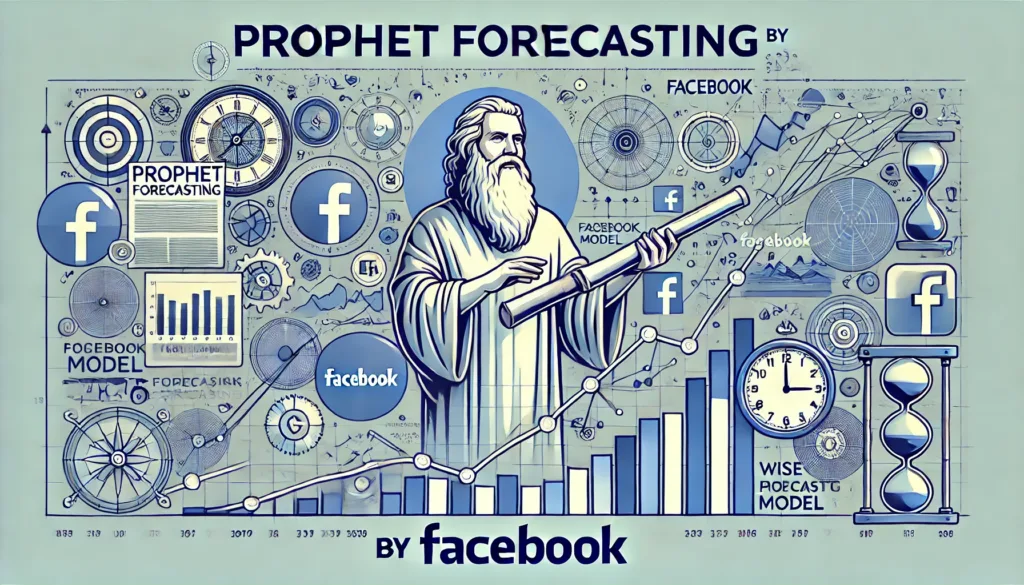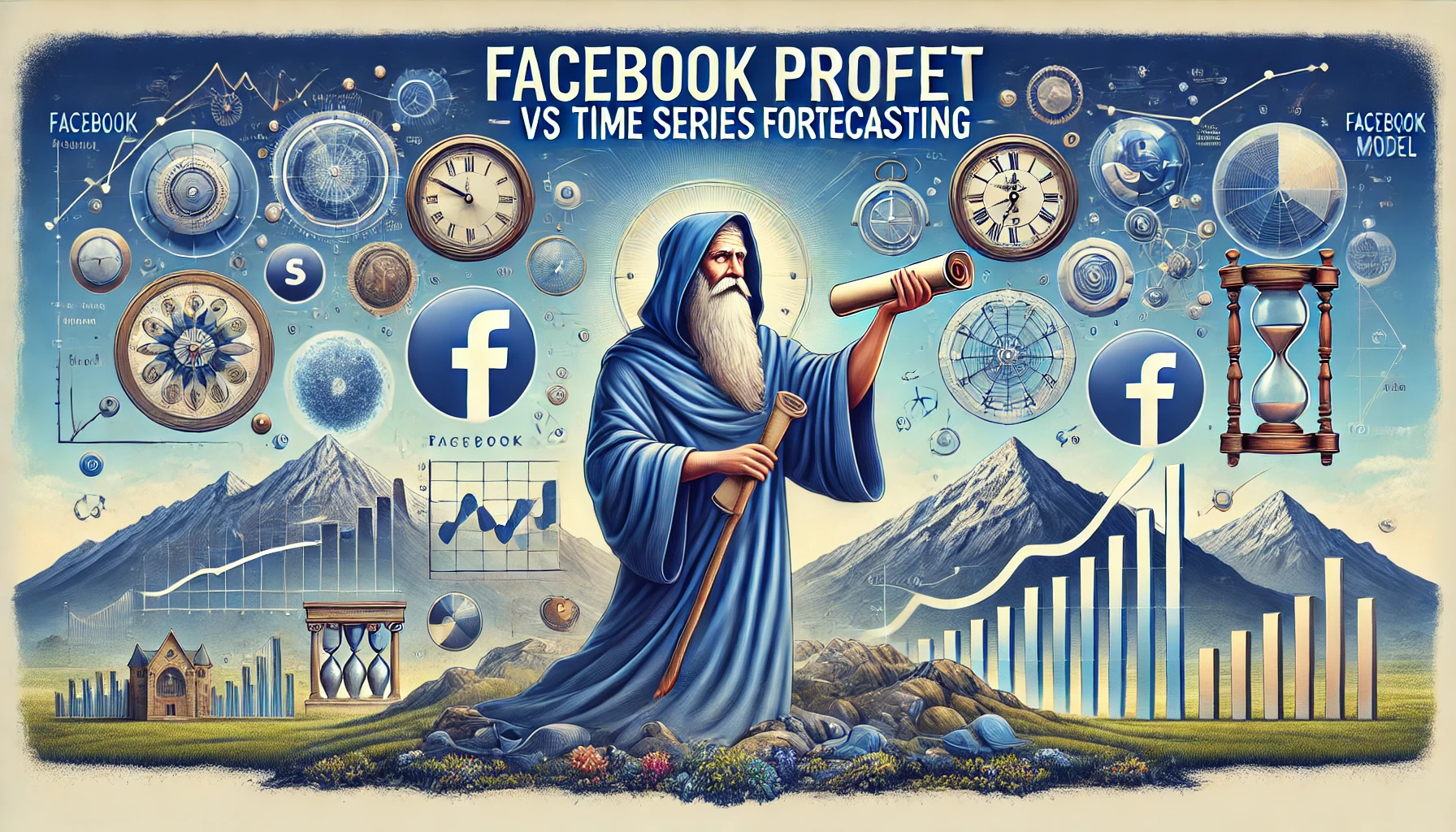Table Of Content
Facebook Prophet is an open-source software for forecasting time series data. It was developed and open-sourced by the Facebook Core Data Science team. Prophet is designed for business users who need to generate high-quality forecasts rapidly without requiring deep statistical knowledge. It works on an additive model where nonlinear trends are fitted with yearly, weekly, and daily seasonality, plus holiday effects. This tool is robust to missing data, outliers, and shifts in trend, hence employable for many applications.
How to Use Facebook Prophet
Using Prophet is straightforward. You start by installing the package in R or Python, depending on your preference. Once installed, you prepare your time series data in a DataFrame, ensuring the dates are in the correct format. The model is then instantiated and fit to the data. After fitting, you can make future predictions using the model’s predict method. For example, you might load a dataset, prepare it, and fit a model as follows:
from fbprophet import Prophet
import pandas as pd
# Load data
df = pd.read_csv('your_data.csv')
df['ds'] = pd.to_datetime(df['ds'])
# Initialize and fit the model
model = Prophet()
model.fit(df)
# Make future dataframe and predictions
future = model.make_future_dataframe(periods=365)
forecast = model.predict(future)
Comparing Facebook Prophet with Traditional Time Series Models
Traditional time series models, such as ARIMA and exponential smoothing, have seen extensive use in the forecast of many variables. However, Prophet stands out for its ease of use and flexibility. The ARIMA models require the data to be stationary-that is, the statistical properties of the series are constant over time. This is a limitation when faced with real-world data, which normally has changing trends and seasonality. Prophet is designed to handle such complexity with ease.
It can automatically detect and account for things like seasonality and holidays while making a forecast in financial forecasting. This will give a more accurate forecast than the traditional methods of forecasting. This also allows for manual tuning where you can include domain knowledge into the model to make it even better at making forecasts.
Practical Applications and Benefits
Prophet is used in many sectors: from financial, through marketing, to operations. It’s used to predict sales, estimate inventories, or plan future growth. Since it can support huge volumes of data and can perform fast, it’s also used in real-time applications.

Applications are many, with the most notable in the retail sector where companies use Prophet to forecast the demand for different products; therefore, they will stock the appropriate amount needed to satisfy customer needs without overstocking. Others include marketing, where companies predict the impact of promotional campaigns on sales.
Indeed, the flexibility and ease of use make FB Prophet a very valuable tool for every person who looks for reliable and actionable forecasts.

